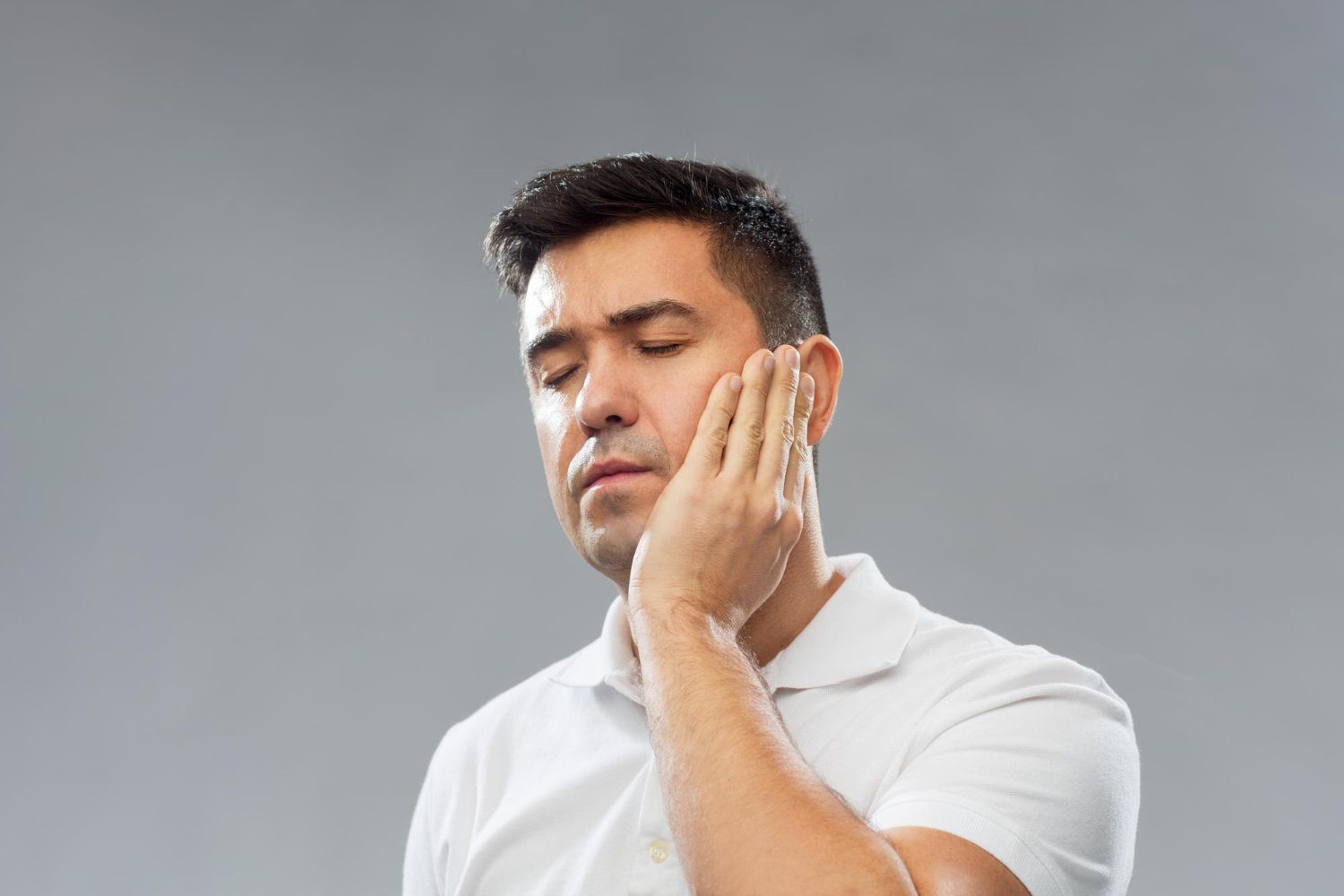Boost Academic Performance by Addressing Sleep Disorders in College Students
College years are often associated with late-night study sessions, increased levels of stress, and irregular sleep patterns. Consequently, college students are prone to develop sleep disorders such as sleep apnea, insomnia, and snoring. These conditions can significantly impact their academic performance, overall health, and quality of life. The CSAT Meridian - The Center For Sleep Apnea and TMJ specializes in diagnosing and effectively treating sleep disorders, helping college students achieve better sleep quality and improved academic performance.
In this blog, we will discuss the connection between sleep disorders and academic performance, highlighting the importance of addressing sleep-related issues for college students' success. We will also introduce the comprehensive treatment options available at the CSAT Meridian - The Center For Sleep Apnea and TMJ, helping college students overcome sleep disorders for a more focused and productive academic experience. By recognizing the impact of sleep disorders on academic performance, college students and educational institutions can work together to promote better sleep quality and create a more supportive learning environment.
If you're a college student struggling with sleep disturbances and their subsequent impact on your academic performance, trust the professionals at the CSAT Meridian - The Center For Sleep Apnea and TMJ to provide accurate diagnosis, tailored treatment solutions, and dedicated support for optimal sleep management and improved academic success.
Sleep Disorders and Their Impact on Academic Performance
Sleep disorders such as sleep apnea, insomnia, and snoring can hinder college students' academic performance through various mechanisms:
1. Cognitive Function Impairment
Poor sleep quality, often resulting from sleep disorders, can impair cognitive functions, including memory retention, problem-solving, and attention – all of which are essential components for academic success.
2. Emotional Well-being and Stress Management
Lack of proper sleep can exacerbate emotional fluctuations, making it difficult for students to manage stress effectively. This can negatively impact academic performance, particularly during demanding periods such as exams.
3. Fatigue and Motivation
Sleep disorders can contribute to chronic fatigue, which may further compromise college students' energy levels, motivation, and ability to engage in their studies effectively.
Recognizing and Addressing Sleep Disorders in College Students
To improve sleep quality and academic performance, college students experiencing sleep disturbances should take the following steps:
1. Observe and Document Sleep Patterns
Keeping a sleep diary can help students track their sleep patterns, identify possible triggers for sleep disturbances, and provide valuable information for a professional sleep evaluation.
2. Consult a Sleep Specialist
Seeking evaluation from a sleep specialist, such as the professionals at the CSAT Meridian - The Center For Sleep Apnea and TMJ, is crucial for accurate diagnosis and appropriate treatment recommendations for sleep disorders.
3. Practice Healthy Sleep Hygiene
Creating and maintaining a consistent sleep schedule, limiting screen time before bed, and cultivating a comfortable sleep environment can all contribute to better sleep quality.
4. Explore Treatment Options
Pursuing appropriate treatment options, such as CPAP therapy for sleep apnea or cognitive-behavioral therapy for insomnia, can help address sleep disorders and foster improved sleep quality and academic performance.
Sleep Disorder Treatment Options at the CSAT Meridian - The Center For Sleep Apnea and TMJ
The CSAT Meridian - The Center For Sleep Apnea and TMJ offers a variety of treatment options for college students struggling with sleep disorders:
1. Sleep Apnea Treatment
For students diagnosed with sleep apnea, treatments such as continuous positive airway pressure (CPAP) therapy or oral appliance therapy can be highly beneficial in improving sleep quality and addressing related academic performance concerns.
2. Insomnia Treatment
Cognitive-behavioral therapy for insomnia (CBT-I) provided by the CSAT Meridian - The Center For Sleep Apnea and TMJ can help students address the underlying psychological factors contributing to their sleep disorder, fostering better sleep quality and academic performance.
3. Snoring Treatment
Custom oral appliances and lifestyle modifications can help reduce snoring, improve sleep quality, and ultimately contribute to better academic performance for college students.
4. Customized Treatment Plans
The CSAT Meridian - The Center For Sleep Apnea and TMJ provides personalized treatment recommendations based on each student's individual needs, ensuring the most effective approach to address their sleep disorder and promote improved academic success.
Creating a Supportive Learning Environment
Educational institutions can also play a role in supporting college students with sleep disorders and fostering improved academic performance:
1. Sleep Education and Awareness Programs
Colleges and universities should offer sleep education and awareness programs to inform students about the importance of sleep, its impact on academic performance, and methods to address sleep disturbances.
2. Mental Health and Stress Management Support
Providing mental health and stress management support services can help students cope with the challenges associated with sleep disorders and their impact on academic performance.
3. Accommodations and Adjustments
Educational institutions should consider providing appropriate accommodations and adjustments for students with sleep disorders, such as extended deadlines or flexible exam schedules, to support their academic success.
Conclusion
Addressing sleep disorders in college students is paramount for achieving better sleep quality and improved academic performance. Students and educational institutions can work together to create a supportive learning environment that prioritizes sleep health and fosters academic success.
The CSAT Meridian - The Center For Sleep Apnea and TMJ offers expert guidance, personalized treatment solutions, and comprehensive care designed to help college students overcome the challenges associated with sleep disorders and reach their full academic potential. Don't let sleep disorders hold you back. Enhance your academic success by scheduling your sleep evaluation at our
Meridian sleep apnea clinic now!










